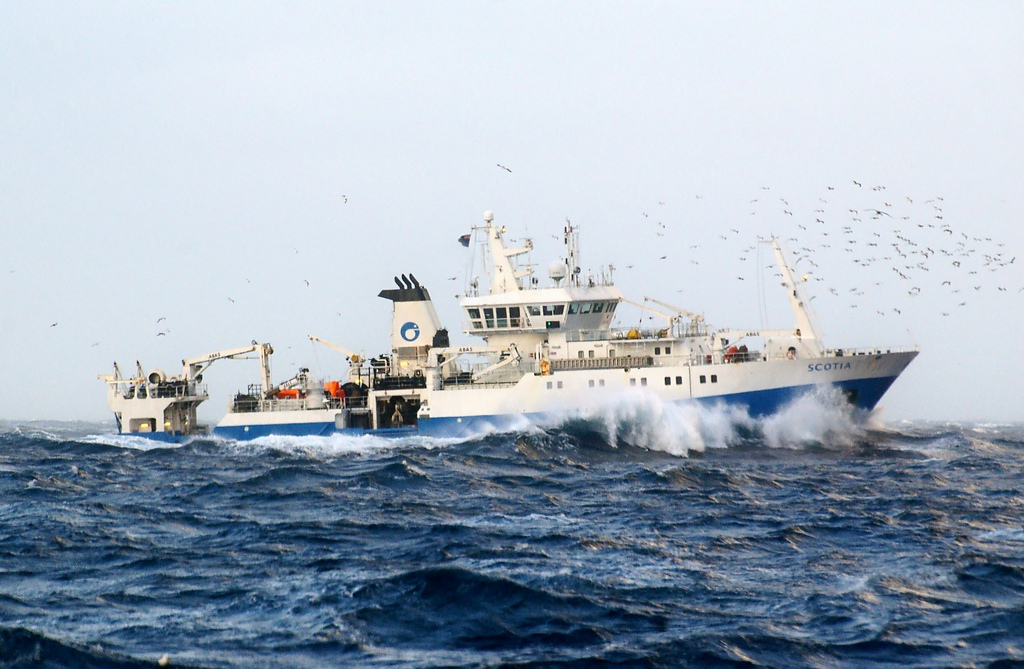A top team of marine scientists are to search the deep seas off the coast of Scotland for undiscovered animal life.
The team, which includes scientists from Aberdeen University, is to return to the spot where a new species of mollusc was found in 2012 in a “tantalising glimpse” of what else may lie in the waters.
Five marine research organisations have joined forces for the trip to the Rockall Basin, which sits to the west of Stornoway on the very fringes of Scottish marine territory.
The scientists believe that finding the new mollusc is a sign of deep sea seeps, where gases such as methane bubble up from beneath the seabed to support an unknown variety of species.
The nearest known seeps are in waters off Norway and Portugal – with none found off the UK coast as yet.
Bhavani Narayanaswamy(**corr), convener of the Marine Alliance for Science and Technology (MAST), said: “It’s exciting to think that these unique habitats and their marine life exist on our doorstep and have eluded discovery for so long, but rarity can mean vulnerability and knowing where they are can help to protect them.”
The 10-day research cruise on MRV Scotia will use tracking data from the earlier trip to follow the same route, to give the team the best chance of finding the seeps.
However, tides and currents are expected to hamper the search for the area of interest.
MAST described the search as “a little like looking for a needle in a very dark haystack” but the team will go equipped with hi-definition video cameras, sensitive microphones – to allow them to listen for any bubble streams – and sediment samplers to assist their search.
The survey will be the first time that the Hatton Rockall Basin has been systematically investigated in this way.
Francis Neat, the MSS chief scientist, said: “This is an exciting opportunity to describe an almost completely unknown marine ecosystem.
“Biodiversity is an important conservation issue and we need to know what lies beneath the full extent of Scotland’s seas.
“The survey will hopefully yield some important discoveries and results and show that Scotland has a world-class network of deep sea scientists that choose to work together.”
